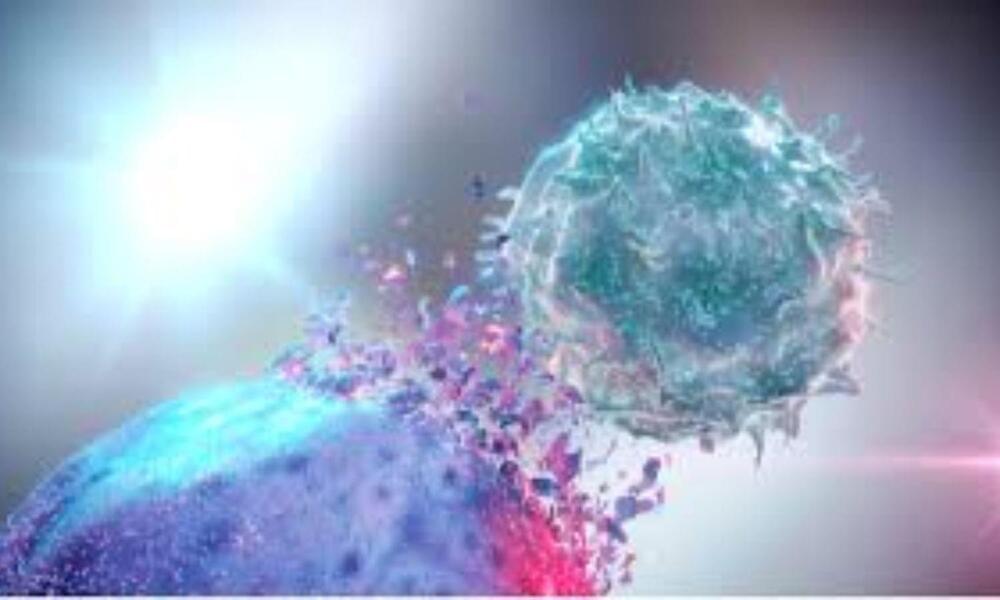A team of scientists at UC San Francisco reported a way to leverage cancers’ unique metabolic profile to ensure that drugs only target cancer cells: Freethink.
To make matters worse, cancer cells sometimes only die when patients take relatively high doses of a drug. This is because cancer’s metabolism is often greater in cancer cells than in normal cells. For instance, some cancer cells have more MEK enzyme — meaning more cobimetinib is required to stop these cells from replicating. Unfortunately, the doses cancer patients receive often closely approach or even exceed the levels at which the drug causes toxicities in healthy tissues.
Cancer cells hoard iron at a far greater rate than healthy cells, according to previous studies. Although the reason for this remains unclear, the UCSF team realized this could be leveraged to increase the specificity of cancer drugs. If a cancer drug, such as cobimetinib, were only activated in the iron-rich environment of a cancer cell, the drug would be inert when it interacts with healthy cells. It’s something like a two-factor authentication system for cancer drugs.
To test this, the scientist synthesized an iron-activated (IA) cobimetinib that only blocks MEK in an iron-rich environment. The experimental drug inhibited tumor growth as efficiently as standard cobimetinib, but it spared healthy cells. Using a mouse-lung cancer model, mice receiving either IA-cobimetinib or standard cobimetinib had fewer lung lesions and showed prolonged overall survival compared to vehicle-treated mice. When the scientists evaluated IA-cobimetinib’s effect on healthy human retinal and skin cells, they found the healthy tissue was about 10-fold less sensitive than cancer cells to IA-cobimetinib.
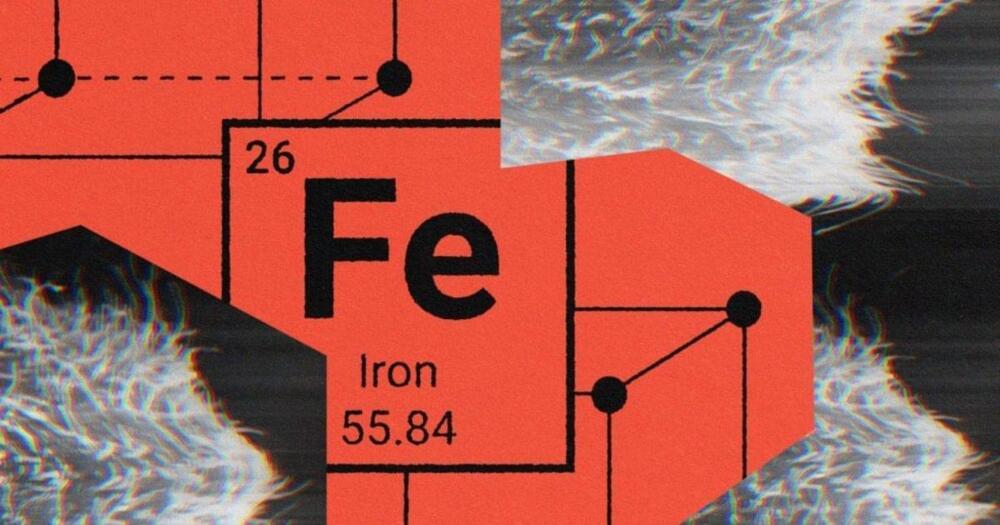
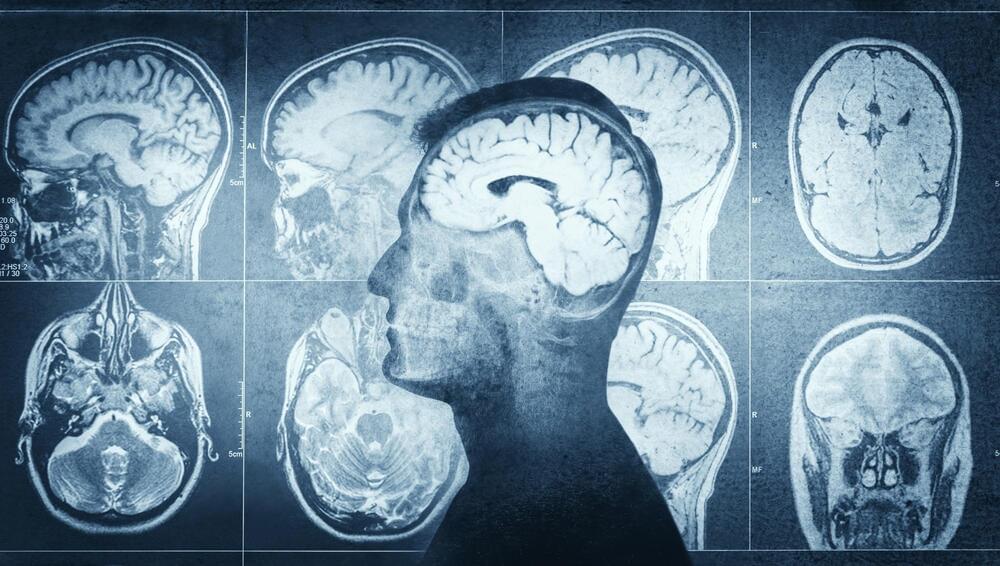
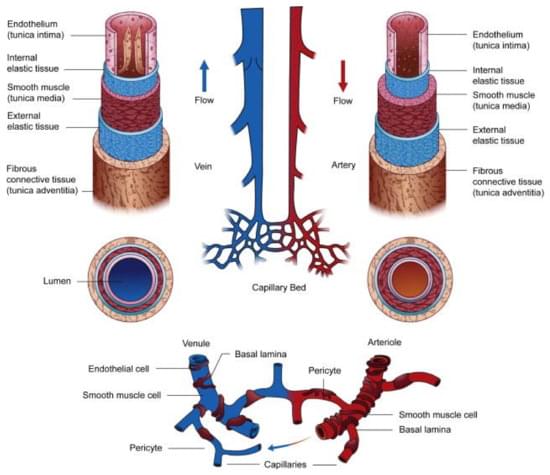

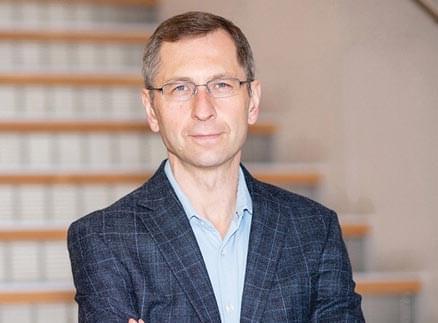
 Fyodor Urnov, PhD, is a pioneer in the field of genome editing and one of the scientists most invested in expanding the availability and utility of CRISPR-based therapies to the broadest possible population. He envisions a world in which genome editing can treat the nearly 400 million people who are suffering from one of the 7,000 diseases brought on by gene mutations.
Fyodor Urnov, PhD, is a pioneer in the field of genome editing and one of the scientists most invested in expanding the availability and utility of CRISPR-based therapies to the broadest possible population. He envisions a world in which genome editing can treat the nearly 400 million people who are suffering from one of the 7,000 diseases brought on by gene mutations.